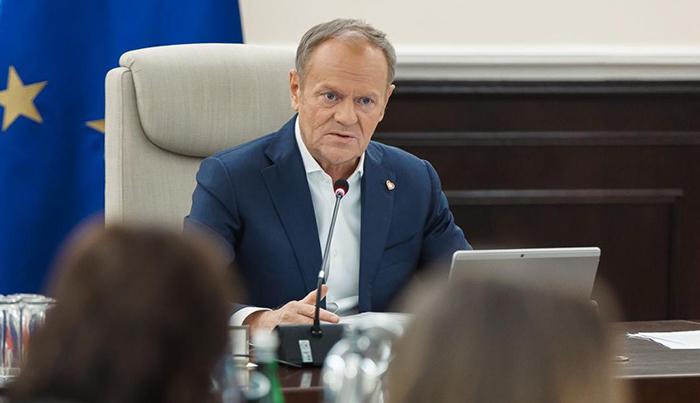Poland tightens disease controls and advances nuclear power project
As of early 2025, there have been no reported cases of foot-and-mouth disease in Poland. In response to outbreaks in neighbouring countries—Germany, Hungary, and Slovakia—the Polish government has intensified its border controls to prevent the spread of the virus. Measures include comprehensive inspections of all transports entering the country from affected regions, particularly at the borders with Slovakia, the Czech Republic, and Germany. Imports of animals and animal products from infected areas are not permitted.
During a recent meeting of the Council of Ministers, Agriculture Minister Czesław Siekierski provided an update on the situation and outlined the ministry’s response, which includes the formation of a crisis management team to monitor and act on developments. According to Prime Minister Donald Tusk, the government’s early actions were more proactive than those taken at the EU level, and have so far proven effective.
Although Poland has not seen a case of foot-and-mouth disease since 1971 and the disease poses no risk to humans, the government is prepared for multiple scenarios. Preventative efforts continue, with the aim of maintaining the country’s disease-free status.
The government also approved financial support for farmers impacted by natural disasters in 2024. A total of PLN 600 million will be allocated as compensation: PLN 350 million for drought-related losses and PLN 250 million for those caused by flooding. While this aid may not fully offset all damages, the government stated that it was based on a thorough assessment of the impact.
In addition, Prime Minister Tusk confirmed the continuation of the country’s nuclear power programme. A revised agreement has been reached with the American consortium Westinghouse-Bechtel regarding the construction of Poland’s first nuclear power plant in Lubiatowo-Kopalino, in the Choczewo municipality. The new terms are intended to better protect Polish interests, including more favourable conditions for project execution, clearer timelines, and defined penalties for delays. The previous negotiation process, conducted under the former administration, lacked oversight from the Attorney General’s Office, which has now been addressed.
The updated framework agreement allows for the continuation of design work and the administrative procedures necessary to begin construction. Geological surveys and permitting processes are ongoing. The first reactor is expected to be operational by 2036, with construction beginning in 2028. The broader nuclear strategy includes the development of two plants with a combined capacity of 6 to 9 GW. The government plans to allocate PLN 60.2 billion from the state budget toward the programme.









